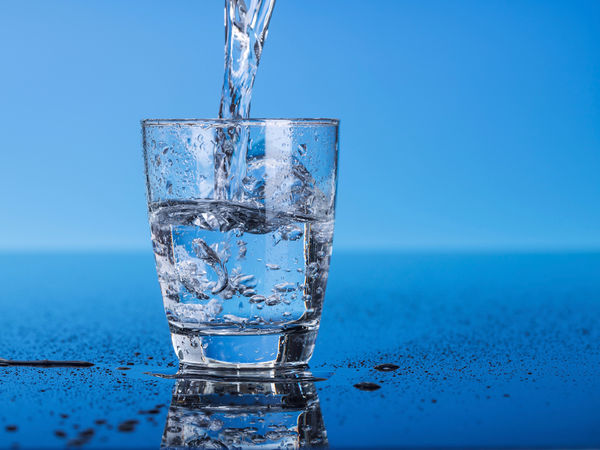Do you have questions about your private drinking water supply? How about wellhead protection, including the management of your private sewage treatment system? Send your questions using the Ask An Expert feature on this web site. Questions will be addressed by Nebraska Extension Educator Meghan Sittler, Nebraska Extension Specialist Bruce Dvorak, and/or Nebraska Extension Educator Katie Pekarek. One question and answer will be featured each month in this section of the acreage web site.
Q: If I place a gallon jug full of water in the sun for several days will it result in distilled water?
Meghan: Distillation is a process that removes basically all impurities including most minerals and most contaminants from water. Generally, It is a process that requires heating water to a boil to produce steam. The steam, and heat, rises into a condensing coil that works to return the steam back to a liquid state and collects in a separate chamber. Contaminants such as many minerals, bacteria, volatile organic compounds and others are either left behind during the heating process or are inactivated as a result of the heat. The water that has been heated, gone through the condensing coil and into the second chamber is distilled water. So simply setting a jug of water out in the sun will not complete the distillation process. For more information on distillation and equipment options visit water.unl.edu/drinkingwater.

